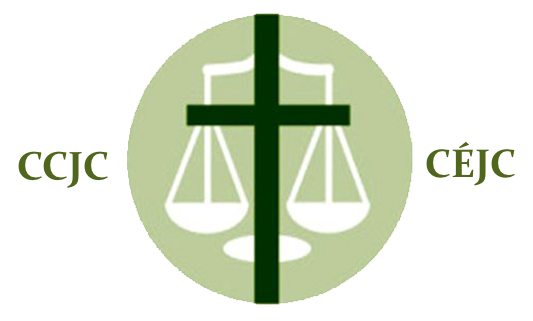Restorative Justice Week is here!
The Church Council on Justice and Corrections (CCJC) is excited to announce the start of Restorative Justice Week 2016. It is an annual international event that seeks to increase public awareness and engagement with principles and practices of restorative justice. Restorative Justice is founded on a vision of justice that heals and restores. The approach is based on an understanding that crime is a violation of people and relationships, and that justice is served when those most directly involved in an offence are given opportunities acknowledge and repair the harm caused. In contrast, the traditional criminal justice system focuses largely on the relationship between the state and individual offenders and often fails to engage victims, victims’ families, offender families’ or the affected communities. Restorative justice can take many forms and has been adapted for different contexts such as (but not limited to): sentencing circles, victim-offender mediation and youth justice conferences. Studies have found that restorative justice programs have yielded high victim satisfaction and empowered victims with the tools to move forward and process the harm that they’ve experienced. Similarly, offenders have expressed that restorative justice programs have allowed them to gain a better understanding of the impact of their actions – on the victim, their own personal support networks and the larger community. Research has also shown that participation in restorative justice processes can have a positive effect on participant’s physical and psychological health.[1]
CCJC has been working with faith communities and organizations for the past forty years to promote restorative justice. When we started this work no one had heard of these ideas. Today restorative justice is part of the national conversation on justice. Restorative justice principles are part of our Criminal Code and some provinces have developed comprehensive RJ programs. This is a considerable achievement and the contribution of Churches has been important. In addition to their work through CCJC, many faith communities have been directly involved in starting new models. A couple of people of faith here and there, responding to a situation they faced in a creative new way, gave us the first Victim Offender Reconciliation Program in Kitchener, Ontario; the first Circles of Support and Accountability, in Hamilton; The Collaborative Justice Program in Ottawa; and Victims Voices in Winnipeg. We have come a long way, but there is still much work ahead. This restorative justice week we must remember to continue inspiring new ways of thinking and doing justice.
If you are looking for ideas and resources to mark restorative justice week please visit our RJ Week Website.
[1] https://www.publicsafety.gc.ca/cnt/rsrcs/pblctns/2009-03-rjp/2009-03-rjp-eng.pdf
